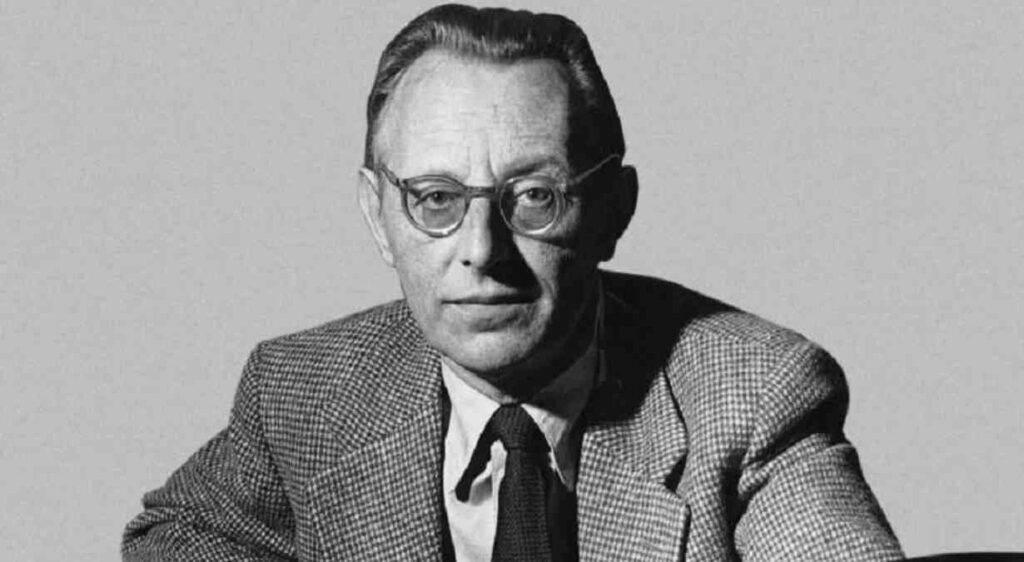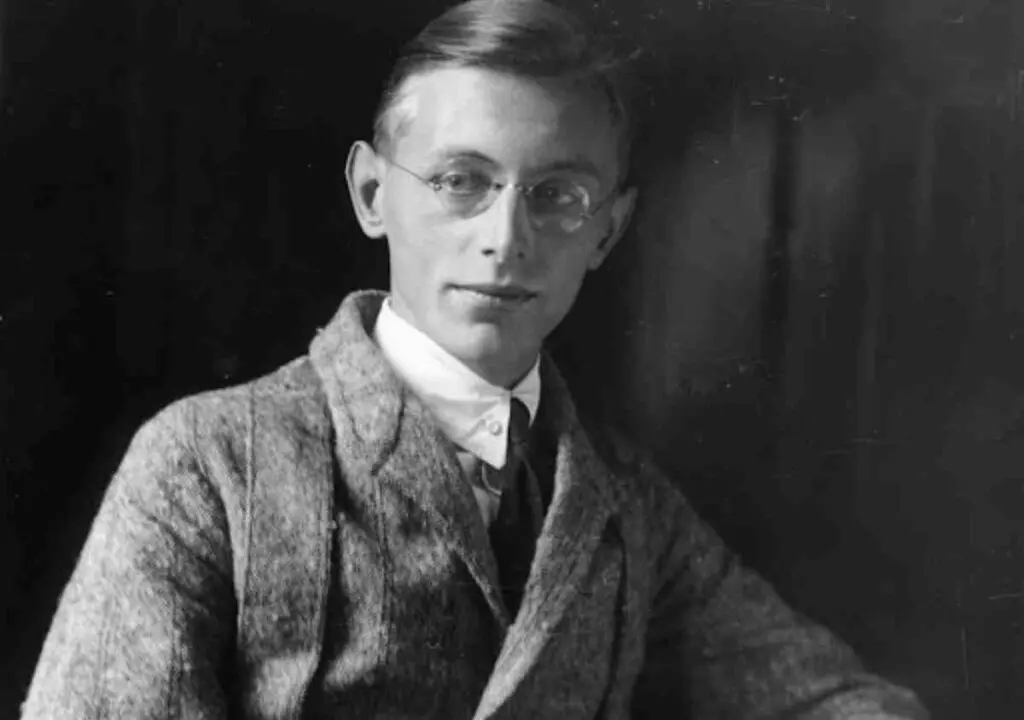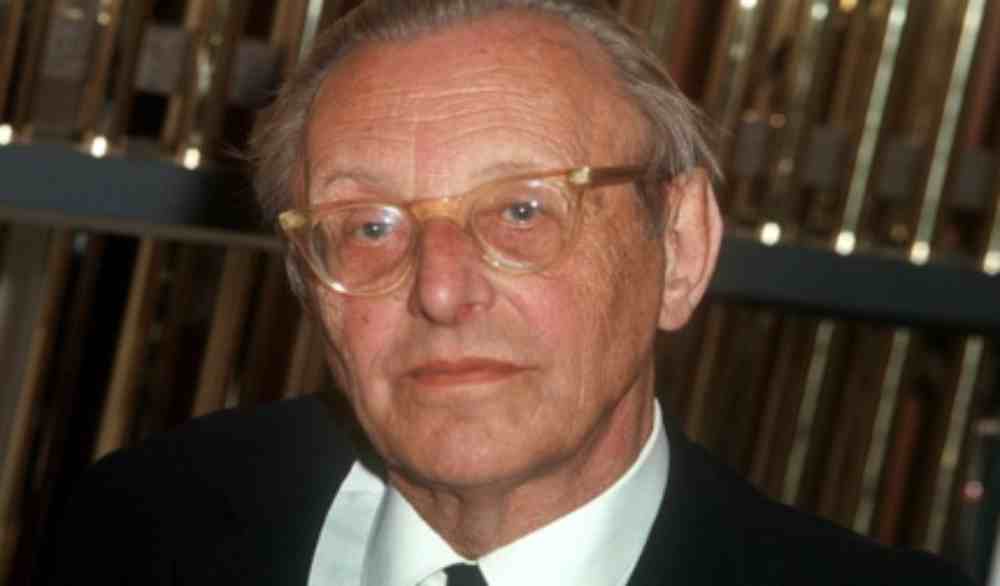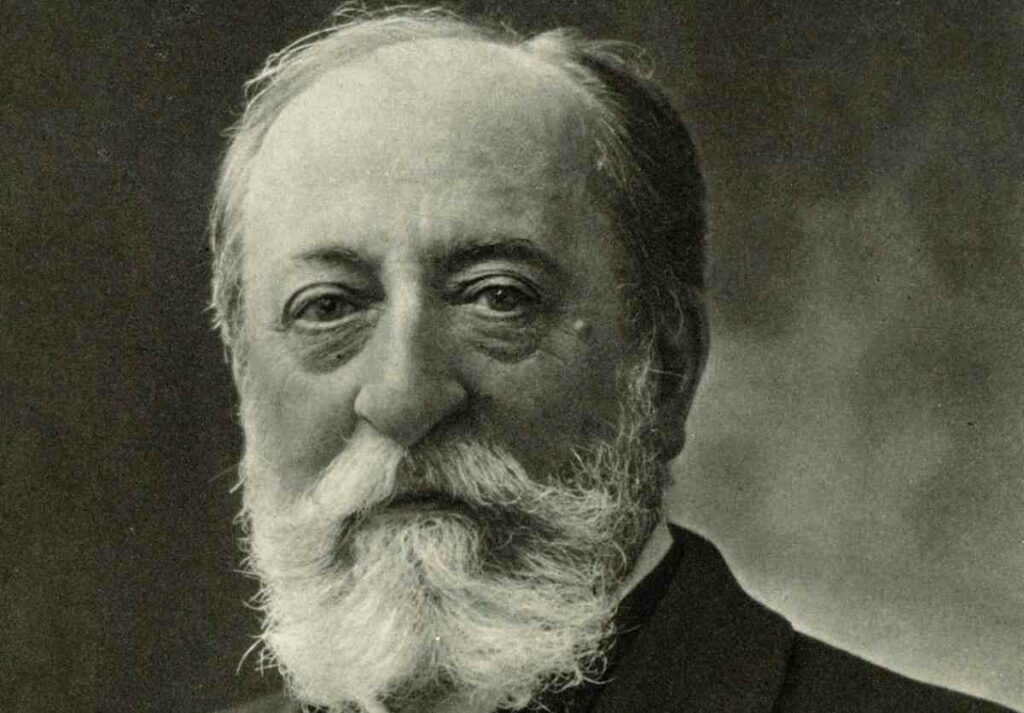Carl Orff became famous as a composer and brilliant musician. He managed to compose works that are easy to listen to, but at the same time, the compositions retained sophistication and originality. "Carmina Burana" is the most famous work of the maestro. Karl advocated a symbiosis of theater and music.

He became famous not only as a brilliant composer, but also as a teacher. He developed his own pedagogical technique, which was based on improvisation.
Childhood and youth
He was born on the territory of colorful Munich, July 10, 1895. Jewish blood flowed in the maestro's veins. He was lucky to be brought up in a primordially intelligent family.
Orffs were not indifferent to creativity. Music was often played in their house. The head of the family owned several musical instruments. Of course, he shared his knowledge with the children. The mother also developed the creative potential in the children - she was a versatile person.
Carl was interested in music from an early age. He studied the sound of different musical instruments. When he was 4 years old, he first attended a performance in a puppet theater. This event will be engraved in his memory for years to come.
The piano is the first instrument that succumbed to young talent. He mastered musical notation without much effort, but most of all he loved improvisation.
When he went to the gymnasium, he frankly missed the lessons. Through the efforts of his mother, Karl by that time could read and write. In the lessons he entertained himself by composing short poems.
Interest in puppet theater grew. He began to stage performances right at home. Karl also attracted his younger sister to this action. Orff independently wrote the scripts and musical accompaniment.
As a teenager, he first visited the opera house. Acquaintance with the opera began with the delivery of "The Flying Dutchman" by Richard Wagner. The performance made a strong impression on him. He finally abandoned his studies, and spent all his time playing his favorite musical instrument.
Soon he decided to leave the gymnasium. When he turned to his parents for advice, his father and mother supported his son in this important decision. He was preparing to enter the Academy of Music. In 1912, Karl was enrolled in an educational institution.

The creative path of maestro Carl Orff
He was disappointed with the music academy program. Then he wanted to move to Paris, because he was imbued with the works of Debussy. When the parents found out that Karl wanted to leave the country, they tried to dissuade their son from such a decision. In 1914, he completed his studies at the academy, and after that he took the position of accompanist at the opera house. He continued to take music lessons from Zilcher.
After a couple of years, he went to work at the Kammerspiel Theater. The musician liked the new position, but the First World War soon began, and the young man was mobilized. After receiving a serious wound, Karl was returned to the rear. He joined the Mannheim theater and soon moved to Munich.
He became interested in pedagogy. Soon, Karl takes up tutoring, but after a while he quits this class. In 1923, he opened the Günterschule dance and music school.
The principle of Karl Orff consisted of a synthesis of movement, music and words. His methodology "Music for Children" was built on the fact that the creative potential of a child can only be revealed through improvisation. This applies not only to music, but also to writing, choreography, and visual arts.
Gradually, pedagogy faded into the background. He again took up writing musical works. During this period, the premiere of the opera Carmina Burana took place. "Songs of Boyern" - became the foundation for a musical work. Orff's contemporaries enthusiastically accepted the work.
Carmina Burana is the first part of the trilogy, and Catulli Carmina and Trionfo di Afrodite are the next. The composer said the following about his work:
“This is the harmony of the human spirit, in which the balance between the carnal and the spiritual is perfectly maintained.”
The popularity of Carl Orff
At sunset in the 30s, Carmina Burana premiered at the theater. The Nazis, who by that time had come to power, appreciated the work. Goebbels and Hitler were on the list of those who adored Orff's work.
On the wave of popularity, he took up writing new musical works. Soon he presented the opera O Fortuna to society, which is known today even to those who are very far from art.
The popularity and authority of the maestro grew stronger every day. He was entrusted with writing the musical accompaniment for the theatrical production of A Midsummer Night's Dream. At that time, Mendelssohn's work in Germany was blacklisted, so Karl began to work more closely with the directors. The composer was dissatisfied with the work done. He corrected the musical accompaniment until the mid-60s.

Jewish roots did not prevent him from being in good standing with the authorities. At the end of the war, Karl was blacklisted for his support of Adolf Hitler. However, the trouble bypassed the musical genius.
"Comedy at the end of time" is included in the list of the last works of the master. The work was written in the 73rd year of the last century. The composition can be heard in the films "Desolate Lands" and "True Love".
Details of the composer's personal life
He enjoyed the attention of the fairer sex. In his life, fleeting romances often happened. Karl decided to burden himself with the bonds of marriage at the age of 25.
Opera singer Alice Zolscher managed to conquer the composer not only with her magical voice, but also with her beauty. In this marriage, the couple had a daughter. The daughter that Alice gave birth to Orfu turned out to be Charles's only heir.
It was difficult for Alice to live under the same roof with Carl. His mood changed frequently. At the end of their life together, there was not a drop left of the love of two creative people. They decided to leave.
Gertrude Willert - became the second official wife of a celebrity. She was 19 years younger than her husband. At first, it seemed that the age difference would not interfere with the newlyweds, but in the end, Gertrude could not stand it - she filed for divorce. Later, the woman will accuse Karl of being quarrelsome and selfish. Gertrude also accused her ex-husband of constant betrayal. She talked about how she repeatedly caught him cheating with young artists.
In the mid-50s, the writer Louise Rinser became his wife. Alas, this marriage did not bring Orph happiness in his personal life either. The woman did not tolerate the betrayal of the man and filed for divorce herself.
When Karl was well over 60, he married Liselotte Schmitz. She worked as Orff's secretary, but soon the working relationship turned into a love one. She was much younger than Carl. Liselotte - became the last wife of the maestro. The woman created the Orff Foundation and managed the organization until 2012.
Death of composer Carl Orff
During the last years of his life, he battled cancer. In adulthood, doctors diagnosed Karl with a disappointing diagnosis - pancreatic cancer. This disease led to his death. He died on March 29, 1982. According to the will, the body of the maestro was cremated.



